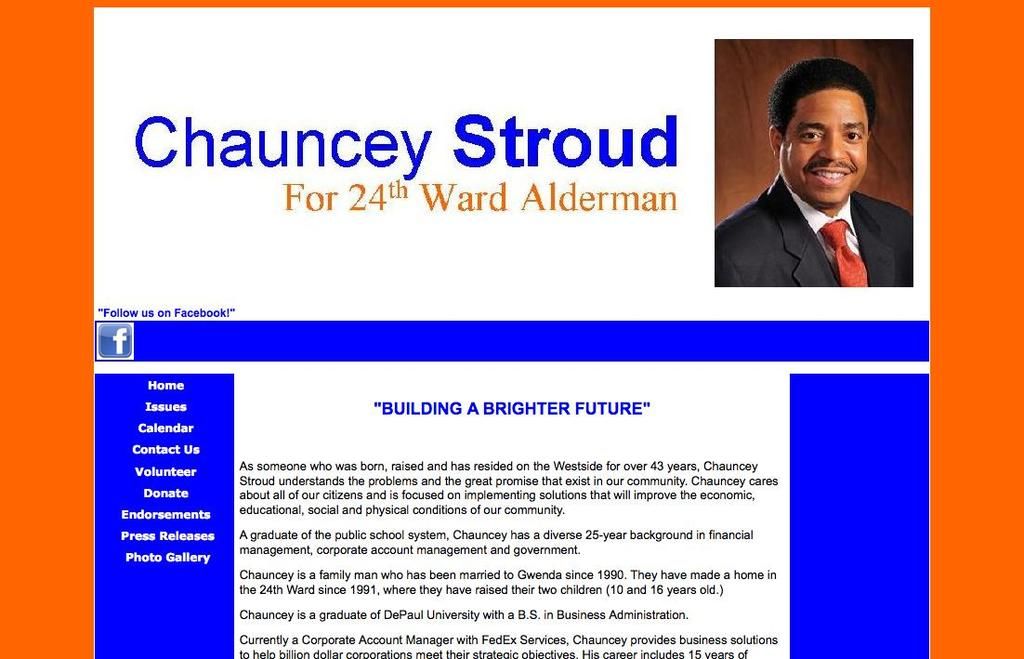"Revitalizing the Nation, Causing a Stir: Germany's Investment Booster"
Germany and Germany are locked in a dispute over the "investment stimulus"
Germany's new "Investment Booster" initiative, aimed at supercharging the domestic economy, has drawn both praise and criticism. Prominent political figures extol the potential benefits, while local municipalities express apprehension about revenue losses.
Despite these concerns, the states remain steadfast in their support of the economic relief package. "We are committed to this Investment Booster, and it's crucial for Germany's competitiveness," states Michael Kretschmer, CDU's Minister President of Saxony. Olaf Lies, his SPD counterpart from Lower Saxony, echoes this sentiment: "We want this innovation booster."
"The Investment Booster: A Double-Edged Sword?"
While large corporations and investors may celebrate tax incentives, doubts remain about whether smaller businesses and the middle class will reap meaningful benefits. Critics, such as the Greens and the AfD, argue that many planned measures will benefit only those with substantial cash reserves for investments.
Deputy parliamentary group leader Andreas Audretsch of the Greens asserts, "This law will break the neck of our cities and municipalities in Germany." Even municipal representatives from wealthier regions like Bavaria express concern about potential service cuts, including closing swimming pools.
"Navigating the Fiscal Headwinds"
The heart of the Investment Booster lies in significant tax write-offs on investments in machinery, equipment, and electric vehicles, followed by a phased reduction in the corporate tax rate from 15% to 10% between 2028 and 2032[1][3][5]. The plan also includes tax breaks for electric car purchases and incentives for research investments[3].
However, these measures could lead to substantial short- and medium-term losses in municipal revenue due to reduced tax bases[2]. Critics argue that the federal government has yet to clarify its plans to counterbalance these losses at the state or local level.
"A Tumultuous Political Landscape"
Behind the scenes, political dynamics add to the complexities. Chancellor Friedrich Merz had to cancel his attendance at a recent meeting, delaying discussions on the Investment Booster and related matters[4]. Issues concerning planning acceleration, reduced regulatory density, and state modernization are also up for negotiation.
Despite these hurdles, both Kretschmer and Lies remain optimistic about finding a solution during the planned June 18 meeting with Merz[4]. Together, they aim to shift Germany's economic climate and foster improvement for its citizens. Time is of the essence, with the last regular plenary session of the Bundesrat before the summer break scheduled for July 11[1].
[1] Bundesrat Deutschland (2023). Bundestag debates Investment Booster. [Website] [Accessed: May 13, 2023]
[2] Schäfer, T. (2023). Municipalities stand to lose billions from tax cuts, warns Schleswig-Holstein finance minister. Der Tagesspiegel. [Website] [Accessed: May 13, 2023]
[3] German Federal Government (2023). Investment Booster – Better conditions for investments. [Website] [Accessed: May 13, 2023]
[4] Merz, F. (2023). Statement on the Investment Booster and June 18 meeting. CDU website. [Website] [Accessed: May 13, 2023]
[5] Schulz, J. (2023). Social justice concerns amidst Economic Transition. Die Zeit. [Website] [Accessed: May 13, 2023]
- EC countries are closely watching Germany's Investment Booster as its impact on the domestic economy could set a precedent for future employment policies within the union.
- The ongoing debate over finance and politics in Germany's Investment Booster has garnered general-news attention, with critics questioning the equity of tax incentives and potential revenue losses for municipalities.




